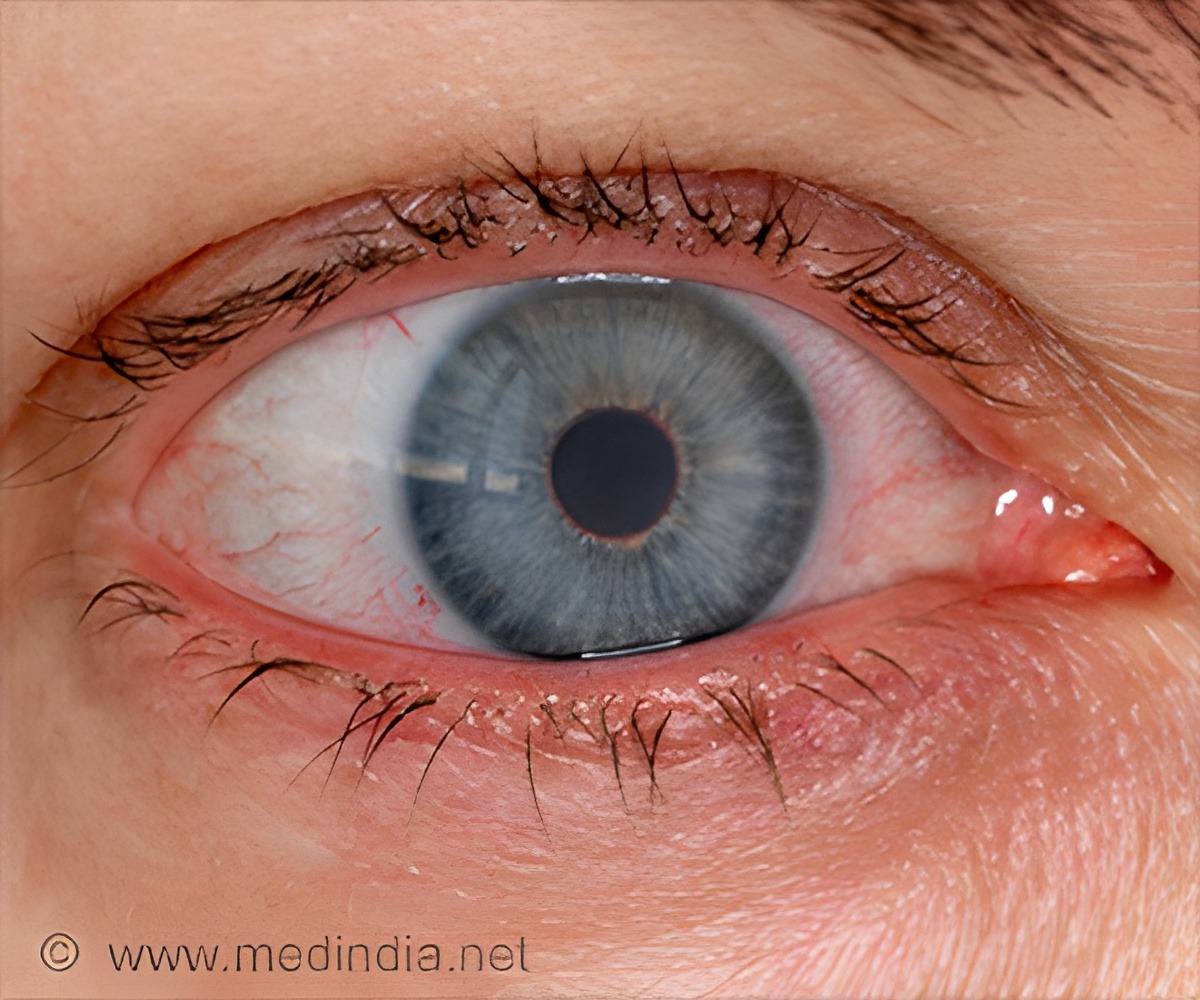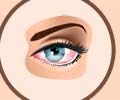Gut-friendly bacteria is now a potential breakthrough in treating dry eye disease.

An overview on dry eye treatment: approaches for cyclosporin a delivery
Go to source).
TOP INSIGHT
Oral probiotic treatment improves dry eye disease by protecting the eye's surface and enhancing tear production. #EyeHealth
Approximately 1 in 20 People are Affected by Dry Eyes
Dry eye is a prevalent condition affecting many individuals, characterized by insufficient lubrication of the eyes. It leads to discomfort such as stinging, burning, inflammation, and vision issues. Neglected cases can even damage the eye's surface. Typically, treatment involves using eye drops, gels, or ointments. However, a novel approach explores the use of intestinal bacteria for alleviating dry eye symptoms.Don't Let Dry Eyes Dampen your Day, Let Probiotics Pave the Way
Presenting author Laura Schaefer, Ph.D., of Baylor College of Medicine in Houston, Texas, said, “The ‘friendly’ bacteria that live in the human gastrointestinal tract have been linked to health and protection against disease in many parts of the body, including the gut, brain, and lung. It’s therefore not surprising that the gut microbiome also affects our eyes.”Eye-Opening Benefits of Probiotics for Dry Eye Relief
Previous work by this research group showed that mice given gut bacteria from humanThis suggests that the gut bacteria from healthy people help to protect the surface of the eye in dry conditions. One possible treatment avenue for dry eye would involve probiotic bacteria that have similar protective effects. The group investigated this by using an orally administered probiotic bacterial strain, Limosilactobacillus reuteri DSM17938, in a dry-eye mouse model. DSM17938 is a human-derived, commercially available probiotic bacterial strain that has already demonstrated protective effects in the gut and immune system in humans and mice, but it has not been tested in the context of eye health.
Mice were first treated with antibiotics, which kill many of the “friendly” bacteria living in the gut. They were then exposed to arid conditions and fed daily doses of either probiotic bacteria or a saline solution as a control. After 5 days, the eyes were examined for disease. The mice that were fed the probiotic bacteria had healthier and more intact corneal surfaces. In addition, these mice had more goblet cells in their eye tissue, which are specialized cells that produce mucin, an essential component in tears. These data suggest that the right oral probiotic could help treat and manage dry eye symptoms.
Reference:
- An overview on dry eye treatment: approaches for cyclosporin a delivery - (https://pubmed.ncbi.nlm.nih.gov/22619624/)
Source-Eurekalert
 MEDINDIA
MEDINDIA




 Email
Email










